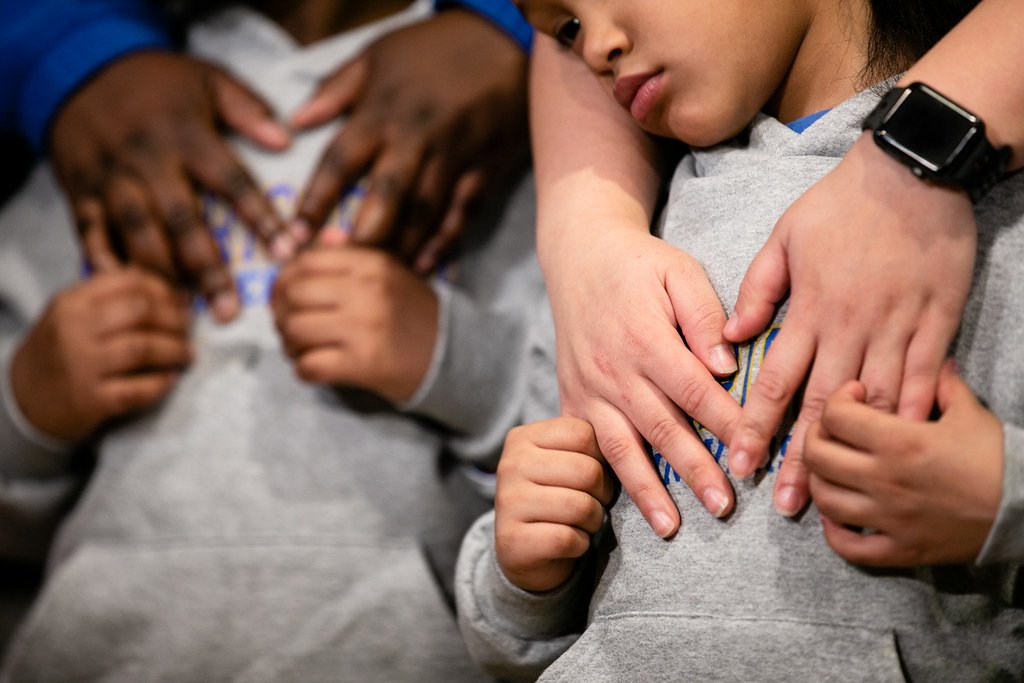A lot is said, has been said, will always be said, about parents who leave the family unit. Vilified, justly or otherwise, we see Fathers for Justice, we see stereotypes, we see absent mothers as disproportionately lambasted in contrast to fathers and castigated from communities. It goes on.
Money, love, first casualties for all parties.
One thing that is rarely discussed is the destiny of nature/nurture, especially with regards neurodiversity and mental health conditions. We are not all the same and understanding ourselves throughout life is not something that can be understood by tracing a map of experiences.
Sometimes it is our DNA, or injury, that change us. Sometimes it is passed on from parent to child.
The biggest benefit of close parenting is that you develop a hormonally based bond that intrinsically makes you care, empathise and want to help. (In some cases, this is damaged, by trauma/mental health disorders etc. etc.) and the key benefit of that is that you can look within yourself and see yourself in this little person. You can see their behaviours, their similarities to yourself. You have a unique, and new, viewpoint to see why you were the way you were. That actually, to some extent, you were just naturally prone to certain behaviours. Getting hyperactive I am particularly thinking about right now.
You can’t go back in time and correct any ways you were treated, but you can support the little person in your life to live with it. Manage it. Learn about it.
To some extent this is the power of diagnosis.
We all experience emotions differently, some of us with alexithymia do not, some of us who gifted but emotionally intense, some of us are very calm. Shame is a huge shaper of our lives. We may start ‘masking’ and with that, and other responses, we find ourselves taking steps up a ladder of responses that can before too long make us lose track of what lead to what. A guide is what we need in those moments.
A parent who understands what happened because something similar happened to them. And if both parents are together, there’s a much higher chance of your behaviour being understood, and mentored…. parented.
